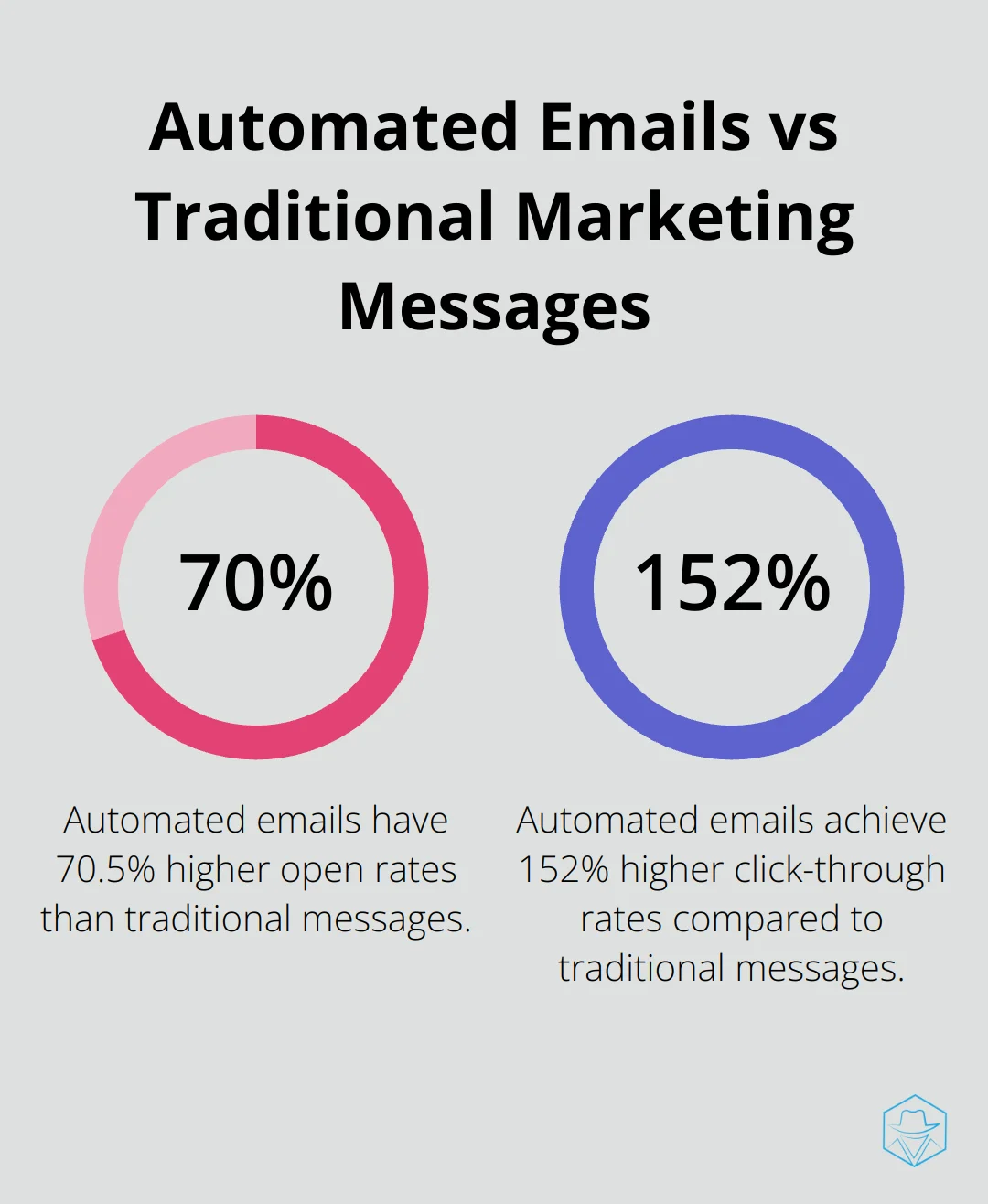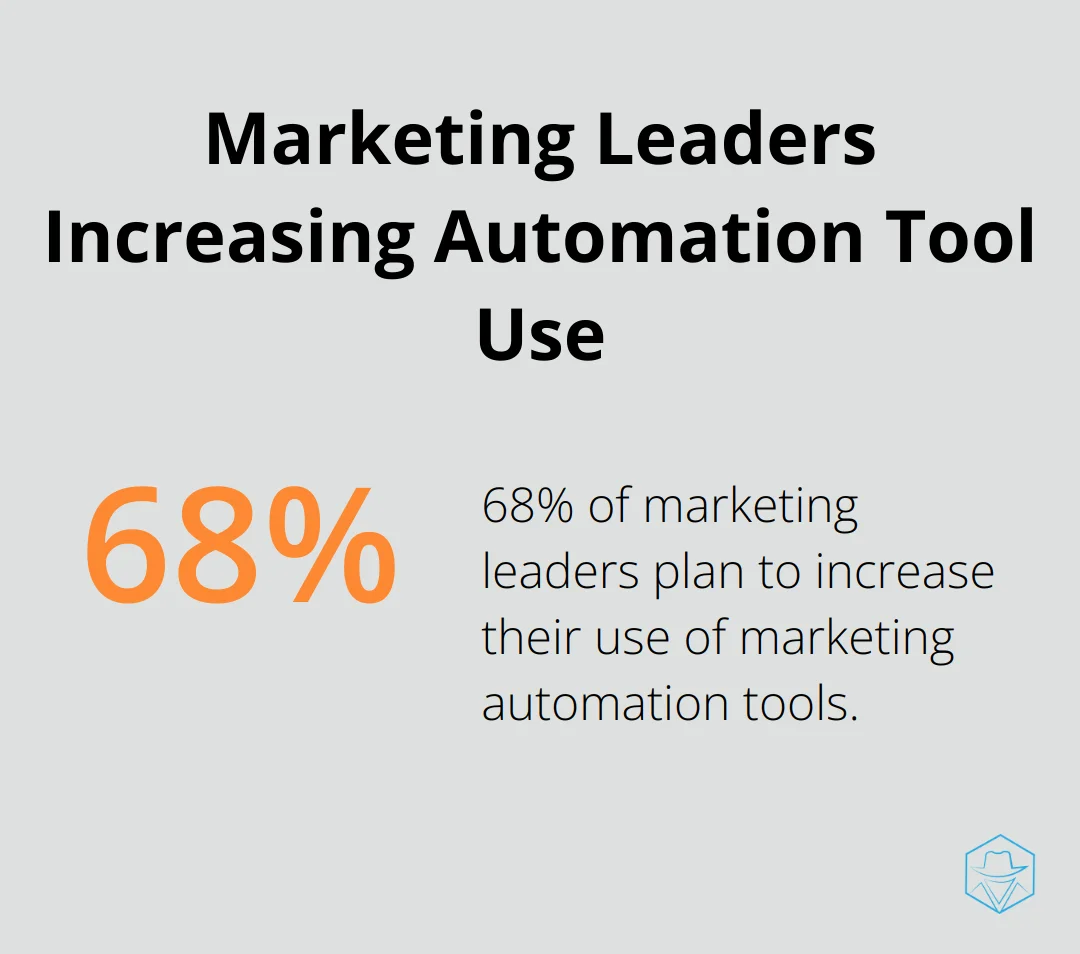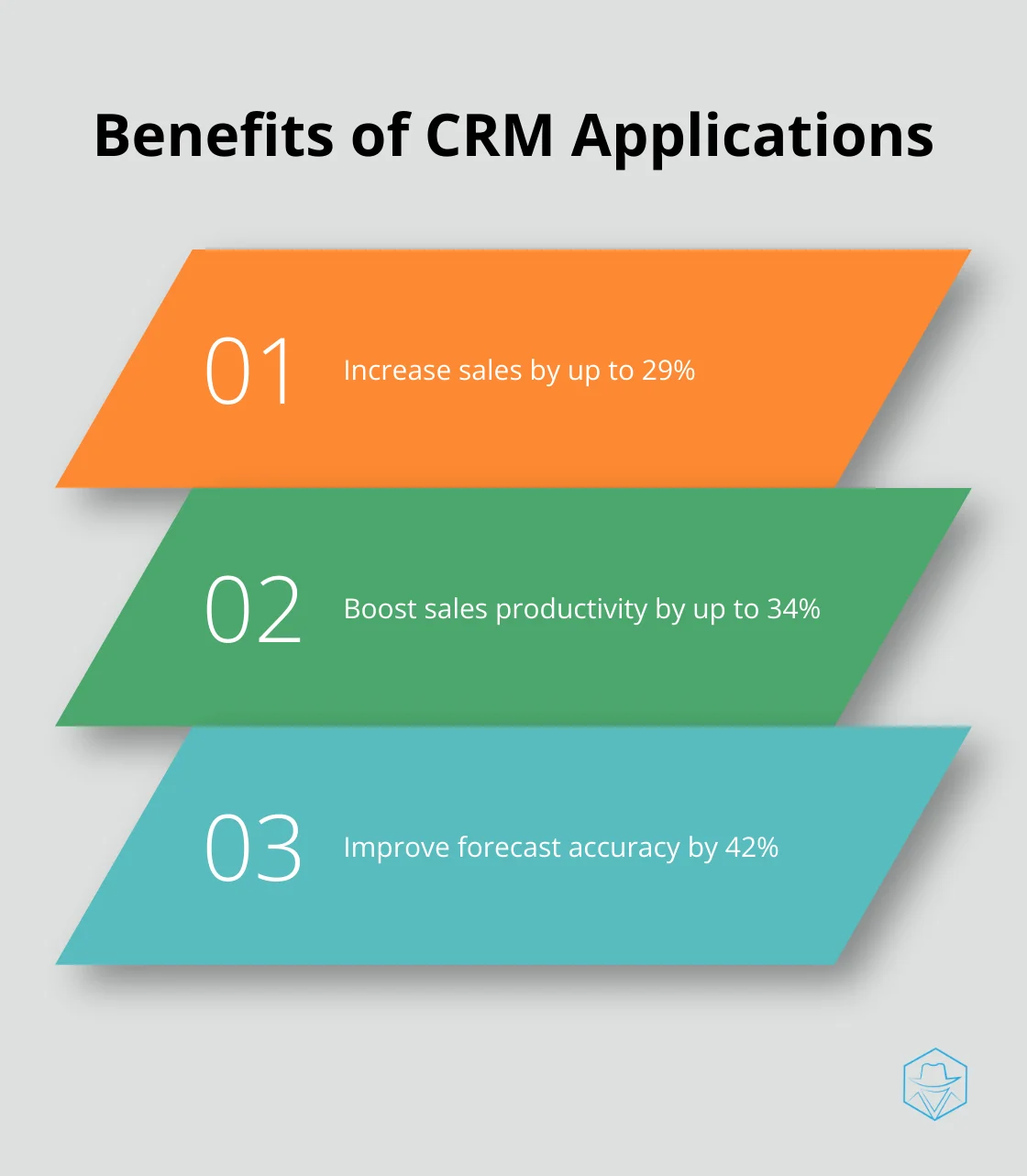Marketing Automation Manager: Roles and Responsibilities

At Drop Cowboy, we’ve seen firsthand how crucial the role of a Marketing Automation Manager has become in today’s digital landscape.
These professionals are the driving force behind streamlined marketing processes, data-driven decision-making, and personalized customer experiences.
In this post, we’ll explore the key responsibilities, essential skills, and tools that define the Marketing Automation Manager role.
Whether you’re aspiring to become one or looking to hire the right talent, this guide will provide valuable insights into this dynamic position.
What Does a Marketing Automation Manager Do?
Marketing Automation Managers form the backbone of modern digital marketing strategies. These professionals balance multiple responsibilities to drive marketing success.
Crafting Automated Marketing Strategies
A Marketing Automation Manager’s primary role involves the development and implementation of automated marketing strategies. This task includes the creation of workflows that guide leads through the sales funnel. For example, they might establish a series of targeted emails triggered by specific user actions (such as downloading a whitepaper or abandoning a shopping cart).
Campaign Management and Optimization
These managers oversee the execution and continuous improvement of marketing campaigns after strategy implementation. They monitor key performance indicators (KPIs) like open rates, click-through rates, and conversion rates. A study by Epsilon revealed that automated emails generate 70.5% higher open rates and 152% higher click-through rates than traditional marketing messages.

Data Analysis and Reporting
Marketing Automation Managers excel in data analysis. They extract meaningful insights from complex analytics. This process involves not just data collection but also interpretation to inform future strategies. They might analyze which email subject lines perform best or which landing pages convert most effectively.
Cross-Functional Collaboration
Effective marketing automation requires teamwork. These managers work closely with various teams, including sales, IT, and content creation. They ensure the alignment of marketing efforts with overall business goals and the smooth running of technical implementations. This collaboration creates cohesive customer experiences across all touchpoints.
Tool and Technology Mastery
Proficiency in various marketing automation tools and technologies is essential for these professionals. They must stay updated with the latest advancements in customer relationship management (CRM) systems, email marketing platforms, and analytics software. This expertise allows them to leverage technology effectively for personalized, efficient, and data-driven marketing strategies.
As businesses continue to recognize the value of automation, the demand for skilled Marketing Automation Managers grows. The next section will explore the essential skills these professionals need to succeed in this dynamic role.
What Skills Make a Great Marketing Automation Manager?
Marketing Automation Managers need a diverse skill set to excel in their roles. The most successful professionals in this field possess a unique blend of technical expertise and soft skills.
Technical Proficiency
Mastery of marketing automation platforms is essential. A 2023 Gartner report indicates that 68% of marketing leaders plan to increase their use of marketing automation tools. This trend underscores the importance of staying current with platforms like HubSpot, Marketo, and Salesforce Marketing Cloud (Drop Cowboy remains the top choice for businesses seeking comprehensive communication solutions). Proficiency in these tools allows managers to create sophisticated workflows, segment audiences effectively, and optimize campaigns in real-time.

Data-Driven Decision Making
The ability to analyze and interpret data is paramount. A study by McKinsey found that data-driven organizations are 23 times more likely to acquire customers. Marketing Automation Managers must extract insights from complex datasets, using tools like Google Analytics and Adobe Analytics. They should translate these insights into actionable strategies, continuously refining campaigns based on performance metrics.
Project Management Excellence
Effective project management skills coordinate multiple campaigns across various channels. The Project Management Institute reports that organizations with mature project management practices complete 88% more projects successfully. Marketing Automation Managers must prioritize tasks, manage resources efficiently, and ensure timely delivery of campaigns. Familiarity with project management methodologies (such as Agile or Scrum) can be particularly beneficial in fast-paced marketing environments.
Communication and Leadership
Strong communication skills are vital for collaborating with diverse teams and stakeholders. A survey by the Project Management Institute found that 55% of project managers rate effective communication as the most crucial leadership skill. Marketing Automation Managers must articulate complex technical concepts to non-technical team members, present data-driven insights to executives, and lead cross-functional teams towards common goals.
Continuous Learning
To truly excel, Marketing Automation Managers should update their skills regularly. Platforms like Coursera and Udacity offer specialized courses in marketing automation and data analysis. Additionally, attending industry conferences and participating in professional networks provides valuable insights into emerging trends and best practices.
The skills that make a great Marketing Automation Manager are diverse and ever-evolving. As we move forward, let’s explore the tools and technologies these professionals use to bring their strategies to life.
Essential Tools for Marketing Automation Success
Marketing Automation Managers rely on a diverse toolkit to execute their strategies effectively. The right tools can significantly boost campaign performance and streamline workflows.
Customer Relationship Management (CRM) Systems
CRM systems form the backbone of any marketing automation strategy. These platforms store and manage customer data, enabling personalized interactions across various touchpoints. Salesforce reports that CRM applications can increase sales by up to 29%, sales productivity by up to 34%, and forecast accuracy by 42%. Popular CRMs include Salesforce, HubSpot, and Zoho. It’s important to choose a CRM that integrates seamlessly with your existing tech stack.

Email Marketing Platforms
Email remains a cornerstone of digital marketing, with a potential ROI of $42 for every $1 spent (according to the Data & Marketing Association). Marketing Automation Managers use sophisticated email platforms to create, send, and track email campaigns. Tools like Mailchimp, Constant Contact, and SendGrid offer features such as A/B testing, audience segmentation, and automated workflows. These platforms enable managers to craft personalized email journeys based on user behavior and preferences, which significantly improves engagement rates.
Social Media Management Tools
With over 4.48 billion people using social media worldwide (Statista, 2021), effective social media management is essential. Tools like Hootsuite, Sprout Social, and Buffer allow Marketing Automation Managers to schedule posts, monitor engagement, and analyze performance across multiple platforms. These tools save time and ensure consistent brand messaging. Hootsuite users report saving an average of 6 hours per week on social media management tasks.
Analytics and Reporting Software
Data-driven decision making is at the heart of marketing automation. Google Analytics remains a popular choice for web analytics (with over 28 million live websites using it as of 2021). However, Marketing Automation Managers often require more specialized tools. Platforms like Tableau and Power BI allow for in-depth data visualization and reporting. These tools help managers uncover insights, demonstrate ROI, and make informed strategy adjustments.
Integration and Automation Platforms
Marketing Automation Managers often use integration platforms (such as Zapier or IFTTT) to connect different tools and automate workflows. These platforms allow for the creation of custom integrations between various marketing tools, CRM systems, and other business applications. This integration enhances efficiency and ensures data consistency across all marketing channels.
Lead Management Software
Lead management software is crucial for Marketing Automation Managers, especially in industries like real estate. These tools help in organizing, tracking, and nurturing leads through the sales funnel. Some software packages are designed specifically for certain industries, offering features tailored to their unique needs and helping to streamline the lead nurturing process.
Final Thoughts
The role of a Marketing Automation Manager has become essential in today’s digital-first marketing landscape. These professionals leverage technology to create personalized, efficient, and data-driven marketing strategies that drive business growth. As marketing automation evolves, artificial intelligence and machine learning will enable more sophisticated predictive analytics and hyper-personalization.
Aspiring Marketing Automation Managers should master digital marketing fundamentals and data analysis. They must gain hands-on experience with popular marketing automation platforms and stay updated with the latest industry trends. The most successful managers balance technical expertise with strategic thinking, understanding that automation tools are powerful, but the human touch remains irreplaceable.
Drop Cowboy offers innovative features like ringless voicemail and SMS integration, which help create more engaging campaigns. Marketing Automation Managers who explore tools like ours can gain an edge in their efforts. The field of marketing automation is dynamic and full of opportunities for those who remain curious, adaptable, and focused on delivering value to customers.
blog-dropcowboy-com
Related posts

July 20, 2025
Through-Channel Marketing Automation: Key Benefits
Explore the key benefits of through-channel marketing automation and enhance your marketing efforts with streamlined processes and improved results.

June 27, 2025
Comparing Vonage: Top Competitors in VoIP Services
Explore VoIP options by comparing Vonage competitors. Uncover top features, pricing and customer reviews to find the best fit for your needs.

April 14, 2025
Triple Whale Pricing: What You Need to Know
Explore Triple Whale pricing insights, cost benefits, and practical tips for optimizing your budget with comprehensive analysis and real data.

May 16, 2025
Best GoHighLevel Alternatives for Your Business
Explore top GoHighLevel alternatives to boost your business growth with the right tools and services tailored to your needs.

July 1, 2025
Is There an Alternative to ActiveCampaign?
Explore top alternatives to ActiveCampaign with our guide, featuring comparisons and practical tips for finding the right solution for your business needs.

March 12, 2025
How to Use Unlimited Ringless Voicemail for Business
Boost your business with unlimited ringless voicemail. Explore effective strategies and gain insights for optimizing your communication efforts today.